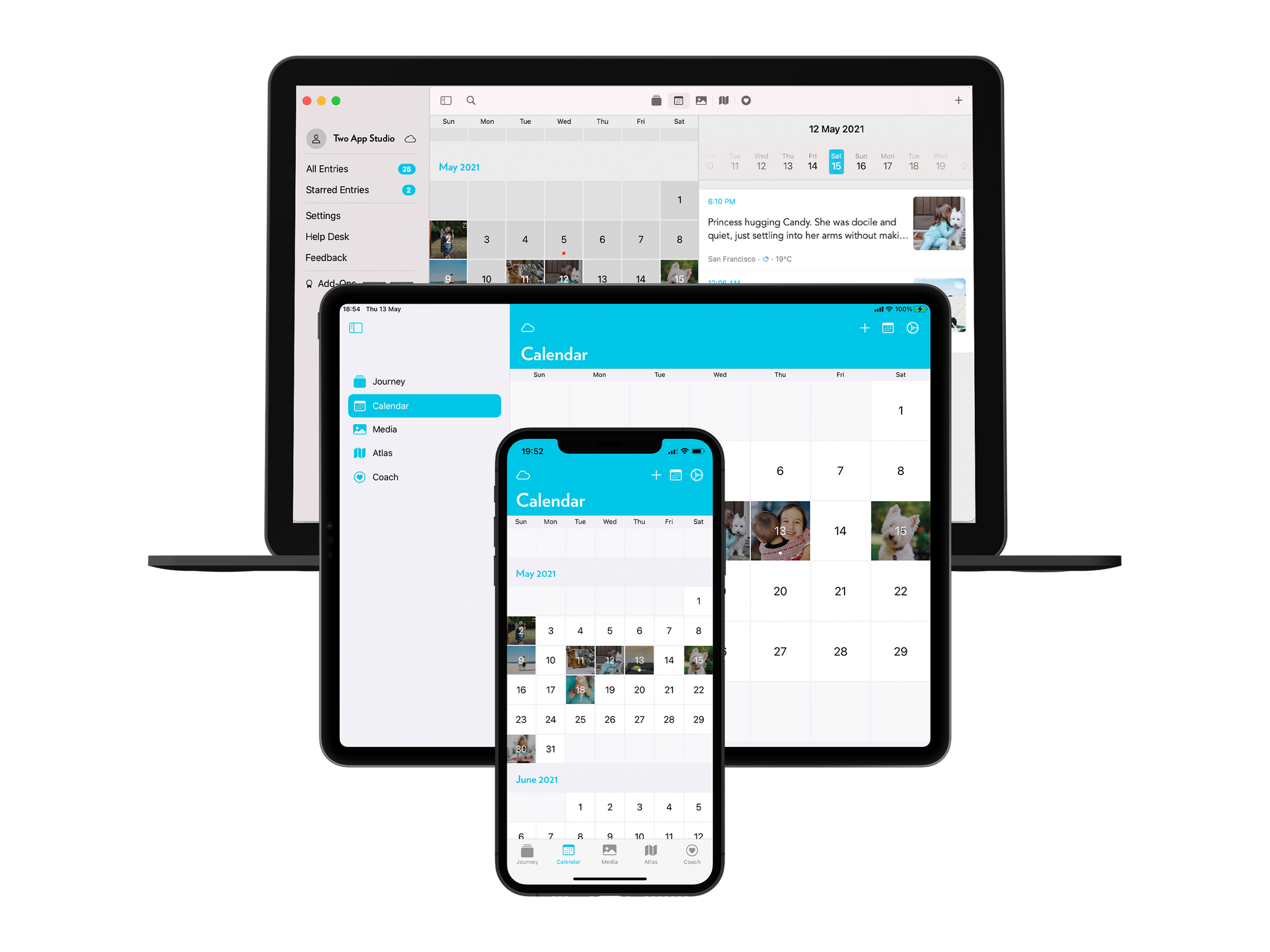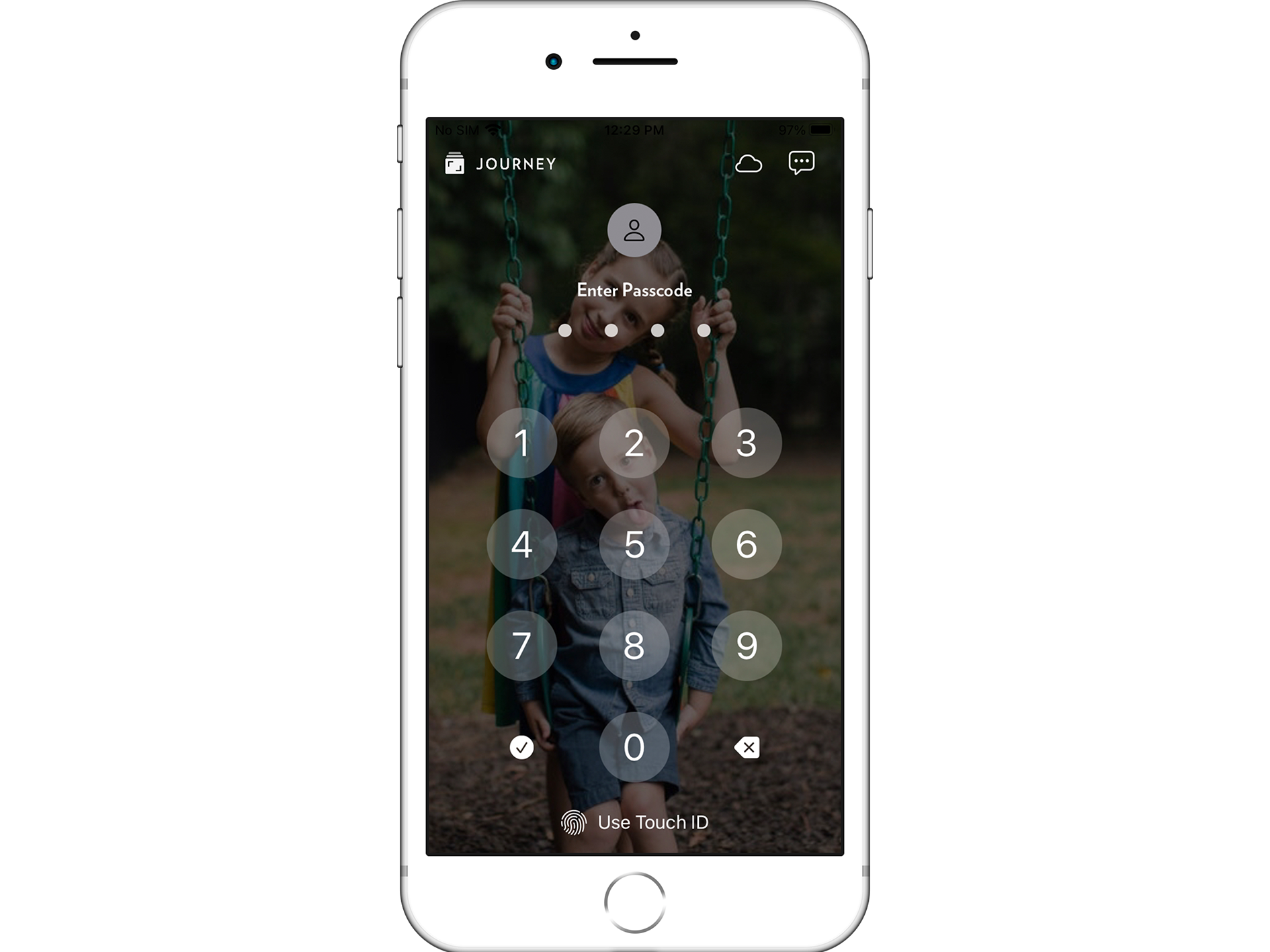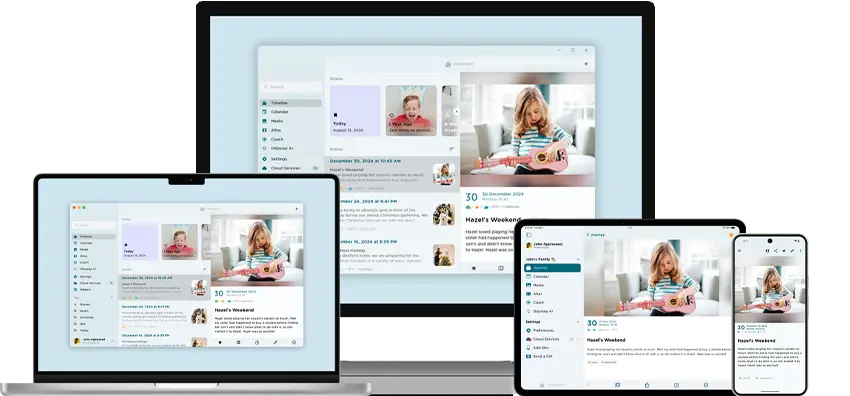The Art of Self-Forgiveness: How To Forgive Yourself & Move On
Learn how to stop brooding on past mistakes, gain closure and move on to becoming a better you with self-forgiveness! Learn how to forgive yourself today.

Do you often find yourself thinking about a mistake or a blunder you made in the past? Does it occupy your thoughts and fills you with shame and guilt? If this is something you've been struggling with, then it might be a sign that you have yet to forgive yourself.
What does it mean to forgive yourself?

Photo by Brett Jordan on Unsplash
Forgiving yourself doesn't mean that you get to shirk responsibility and let yourself off the hook. It's about evaluating your past mistake, accepting it and to stop beating yourself up for it. After all, you can't change the past, but you can certainly change the way you feel about it now.
Overall, self-forgiveness is about being kind to yourself, understanding that you are human too, and resolving to learn from these mistakes.
Of course, forgiving yourself is much easier said than done. In fact, it may be a painful process; it's difficult to stomach the idea that you've made a mistake. However, self-forgiveness is so important, and has a number of benefits as well.
The importance of self-forgiveness
Improves your mental well-being
Holding onto the past will burden you with negative emotions like shame, guilt and even anger. This self-directed negativity will greatly impact your mental well-being in the long term. But when you forgive yourself and let go, you can release yourself from this mental and emotional burden.
In fact, studies have shown that people who practice self-forgiveness experience lower levels of depression and anxiety!
Physical benefits
Our mind and body are deeply related, so it makes sense that alleviating your mind of these negative thoughts and feelings will also benefit your physical health. Lowered stress levels and a happier mind will contribute to a healthier body.
Things like lower cholesterol levels, lowered blood pressure and reduced risk of heart attacks are just some physical benefits of forgiving yourself, according to research.
These are only just some of the many benefits of self-forgiveness and self-compassion. If you're ready to give it a shot, we have some tips that can guide you through the process.
7 Tips on how you can forgive yourself
1. Break down the mistake
Before we begin, it's important to lay out what exactly you've been beating yourself over. When you're all caught up in your negative emotions, it can be all-too-easy to lose sight of what exactly was bothering you in the first place.
So, take out a journal or open up a fresh new entry on a digital diary like Journey, and start listing down what has been bothering you!
Forcing yourself to write your mistakes down will help you sort out your thoughts and look at things objectively. It may even be helpful to categorize the offences (if you have multiple) into these 4 categories:
- Failing at a major life task
- Hurting someone else
- Hurting yourself or self-destructive behavior
- You failed to do something you should

2. Acknowledge what you've done
This is the first step to self-acceptance. It is only when you've acknowledged what you've done that you can start to move past things! Many people continue to pile on excuses and justifications in order to protect themselves from the guilt, but it's now time to move past that.
Speaking things out loud can help cement the thought to yourself. Articulate to yourself what you've done and what harm you've caused. On Journey, you can record yourself speaking out loud, and upload the audio file onto your journal entry.

This is a great way to safekeep and track your self-forgiveness journey, and something to look back on if the negative thoughts strike again.
3. Reach out
One way to move past your guilt is by making amends, especially if your past mistake has hurt someone else. It may be a scathing comment to an ex left unresolved, or a conflict with a childhood friend. Whatever it is, consider reaching out to apologize if it's called for, regardless of how long ago it's been.
Apologizing to the person you hurt doesn't just benefit them, but it also benefits you as well. It gives both parties a sense of closure and can help you both move on from the past. And who knows; it may even mend a broken relationship!
If you're unable to reach out to the person whom you've hurt, not all is lost. Try writing an unsent letter!
An unsent letter is, essentially, a letter that you write to them, but won't send. Unsent letters are a great way to let out your emotions and thoughts without judgement, and can give you a sense of closure even if you can no longer speak to them anymore.
4. Cut the rumination
Forgiving yourself is a journey, and it doesn't happen overnight. These negative thoughts and feelings of shame may come back to haunt you once in a while.
And that is why it's important to learn to become more mindful of your thoughts and emotions! When you're able to catch yourself slipping into that self-loathing, cut the thoughts before you spiral.
A great way to cut the rumination is by journaling! Whenever the thoughts come, simply take a break from whatever you're doing, take out your digital diary and start doing a brain-dump. Write anything and everything that comes to mind! This will help you release your emotions and triggers and stop your self-criticism in its tracks.
It's also helpful to be able to look back at the entries you've written throughout your self-forgiveness journey. This will remind you of the coping mechanisms you've used and bring you a sense of peace.
Luckily, with Journey's cloud sync feature, you can look back on your entries across multiple devices. Whether you're working on your laptop or out on a run with your iPhone, you can easily pull up Journey and look through what you've written in the past.

5. Establish a self-forgiveness ritual

Photo by Максим Степаненко on Unsplash
Another helpful way to get into the habit of forgiving yourself is to establish a self-forgiveness ritual. This could be any activity that you find relaxing and therapeutic; a hike to a specific spot in nature, painting or photography, just to name some examples. Something that will hold your attention and keep your brain active.
Put time into that activity and tell yourself that, once you're done, you'll really let things go.
6. Resolve to learn from your mistakes
As mentioned earlier, self-forgiveness is not about sweeping your mistakes under the rug and denying responsibility. It's about accepting that you've committed the mistakes and, most importantly, learning from the mistake.
In the end, the shame that we feel after making a blunder is what helps us learn to avoid making the same mistake again. Think about what you have learned from your experiences, and turn your negative energy into something positive. Use it to enact change within yourself, and become a better you!
7. Don't be afraid to seek help

Photo by Conscious Design on Unsplash
If you continue to struggle with forgiving yourself and notice that your mental wellbeing is on a decline, seek help! There's no shame in needing professional help, and a licensed therapist will be able to guide you through the process of self-forgiveness.
Self-forgiveness can be an intensely private affair, and you may worry about writing down your raw, unfiltered thoughts in a journal that anyone can find.
However, Journey's security features will help put your worries to rest. You can choose to use a passcode, Touch ID, Face ID and Android Biometric to keep your journal entries safe and away from prying eyes!

Self-forgiveness isn't easy, and it'll be a long journey. We wish you all the best, and we hope that this has helped you learn how to forgive yourself!


